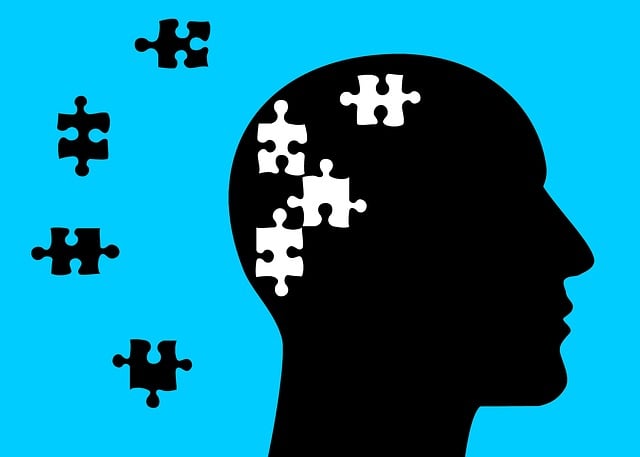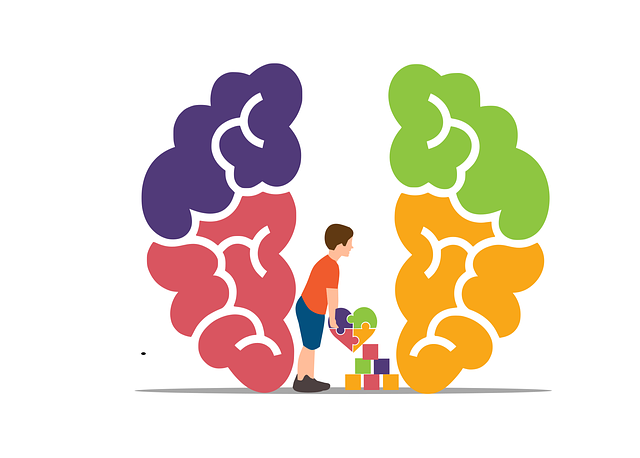Northglenn Family Counseling Therapy provides specialized mood regulation services, helping clients manage emotions effectively through evidence-based practices. Their trained counselors offer personalized sessions fostering open dialogue, personal growth, stress management, and resilience building. They emphasize mindfulness meditation, healthy routines, and self-care strategies for optimal emotional well-being, including tools tailored to healthcare professionals' unique challenges.
Mood regulation is a vital aspect of emotional well-being, offering a crucial balance in our daily lives. In this article, we explore strategies to manage and maintain a stable mood, highlighting the role of counseling therapy in achieving emotional equilibrium.
We begin by delving into the concept of mood regulation, its significance, and common challenges. Northglenn Family Counseling Therapy emerges as a safe haven, providing effective approaches to navigate emotional landscapes. Discover practical techniques for daily mood management, tailored to enhance your mental resilience.
- Understanding Mood Regulation: Unraveling Emotional Balance
- Northglenn Family Counseling Therapy: A Safe Space for Exploration
- Practical Strategies for Daily Mood Management
Understanding Mood Regulation: Unraveling Emotional Balance

Mood regulation is a crucial aspect of emotional well-being, and for many individuals, seeking professional guidance can be transformative. Northglenn Family Counseling Therapy offers specialized services to help clients understand and manage their moods effectively. By unraveling the complexities of emotional balance, therapists enable individuals to develop coping skills that foster resilience. This journey towards emotional regulation involves exploring underlying triggers, identifying healthy expression mechanisms, and learning strategies tailored to each person’s unique needs.
Whether one is navigating life’s challenges or recovering from traumatic experiences, Trauma Support Services play a vital role in building emotional strength. Through evidence-based practices, Northglenn Family Counseling Therapy guides clients in mastering the art of emotional regulation, empowering them to lead more fulfilling and balanced lives. This process encourages individuals to embrace their emotions, learn adaptive coping mechanisms, and cultivate a deeper sense of self-awareness—all essential components for overall mental health and happiness.
Northglenn Family Counseling Therapy: A Safe Space for Exploration

Northglenn Family Counseling Therapy offers a safe and supportive environment for individuals and families seeking to navigate their emotional journeys. This therapeutic space is dedicated to empowering clients with effective coping skills development, fostering emotional healing processes, and preventing issues like depression. Through personalized sessions, trained counselors guide clients in exploring their feelings, understanding underlying causes of distress, and cultivating healthy coping mechanisms.
The counseling center’s approach emphasizes a non-judgmental attitude, ensuring clients feel comfortable expressing themselves. This safe haven facilitates open dialogue, enabling individuals to confront challenges, process emotions, and work towards personal growth. By integrating evidence-based practices, Northglenn Family Counseling Therapy provides practical tools for managing stress, improving communication, and building resilience, ultimately contributing to enhanced mental well-being.
Practical Strategies for Daily Mood Management

In the pursuit of optimal emotional well-being, individuals can benefit from practical mood regulation strategies integrated into their daily routines. Northglenn Family Counseling Therapy offers valuable insights and techniques for managing moods effectively. One simple yet powerful approach is mindfulness meditation, which involves focusing on the present moment without judgment. This practice helps individuals cultivate awareness, enabling them to recognize and accept their emotions, thereby fostering better emotional regulation.
Additionally, maintaining a consistent sleep schedule and engaging in regular physical activity are essential mood management tools. These habits contribute to overall mental health while reducing stress levels. For healthcare professionals, including those at risk of burnout, integrating burnout prevention strategies is paramount. Incorporating techniques such as setting boundaries, prioritizing self-care, and practicing effective time management can significantly enhance emotional resilience and promote a healthier work-life balance, as highlighted in the Risk Assessment for Mental Health Professionals.
In conclusion, maintaining emotional balance is a multifaceted process that involves understanding mood regulation and employing effective strategies. The article has explored these concepts through the lens of Northglenn Family Counseling Therapy, highlighting its role as a safe space for emotional exploration. By integrating practical daily mood management techniques, individuals can gain greater control over their emotional well-being. Remember that mood regulation is a continuous journey, and with dedication, one can navigate life’s challenges with resilience and adaptability.














